Telecoms
From telco data wars, to 5G, Techpoint Africa brings you the latest update on connectivity, telecom companies, Internet service providers, Internet infrastructure among others.
Top stories
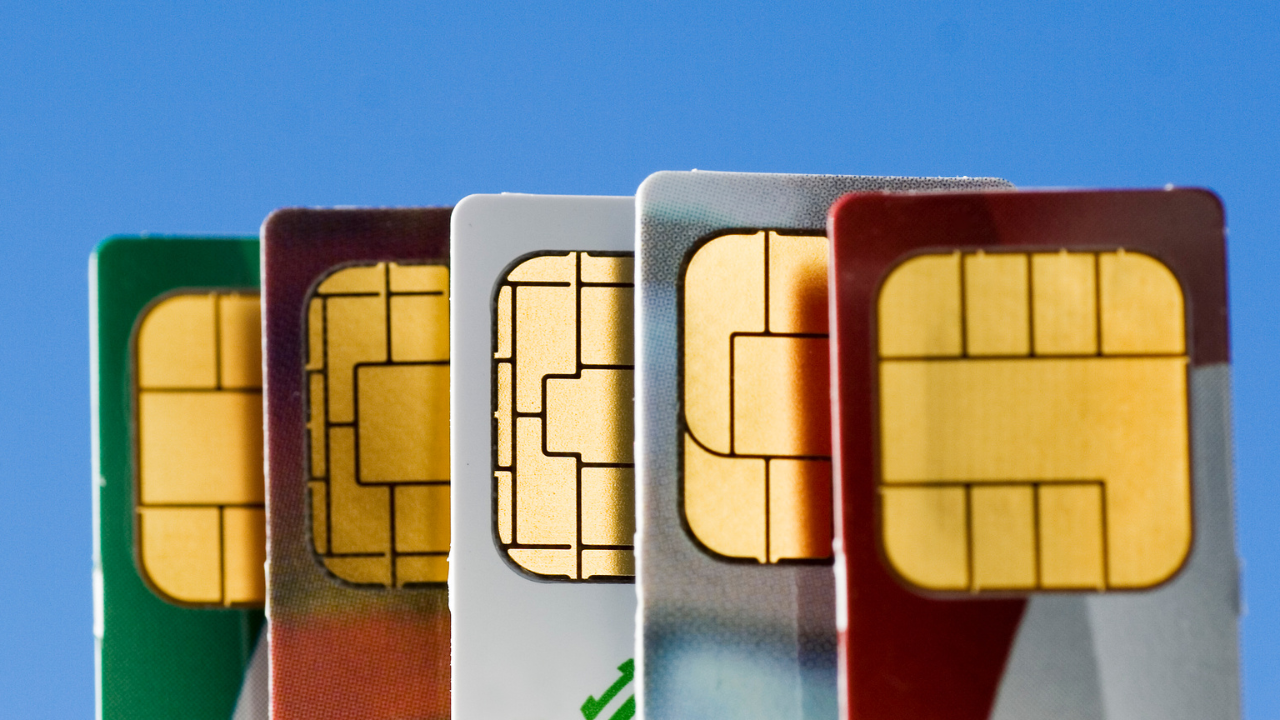
The action was taken in response to a directive issued the government to prevent SIM cards that had not been fully registered by November 20 from accessing data services.
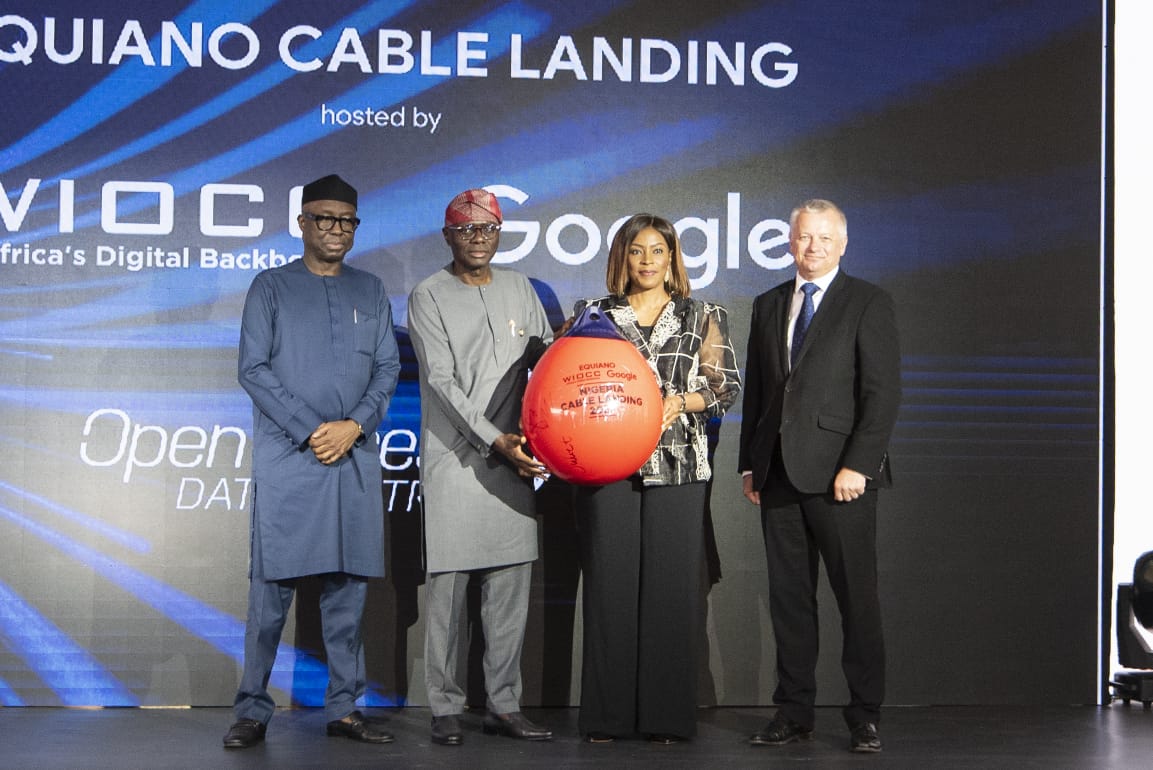
Last year, Google announced plans to invest $1 billion in Africa over five years, and it has begun sharing progress reports. If like us, you’re asking what’s in it for Google, the answer lies somewhere in the cloud and a little close to your doorstep
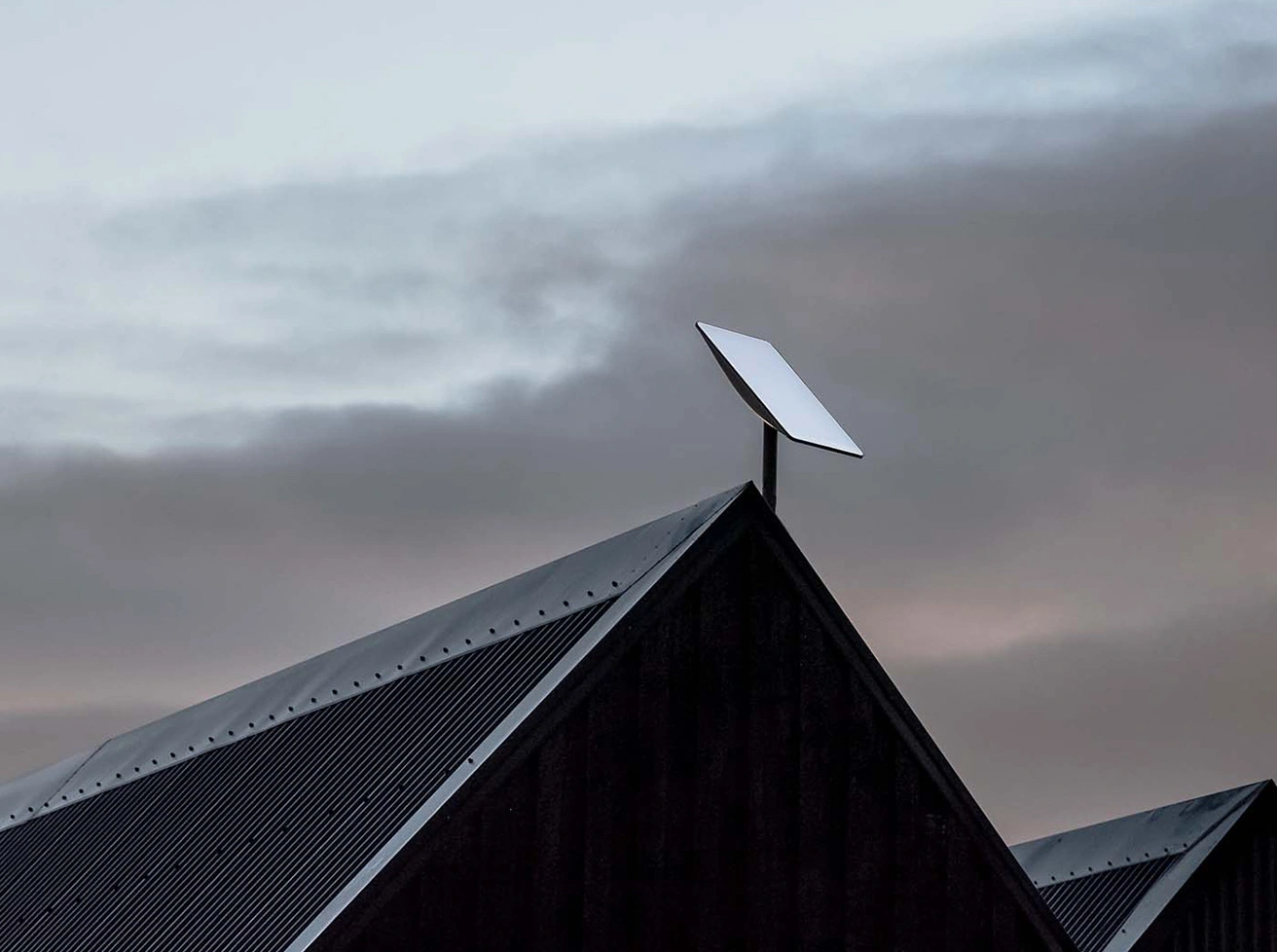
More than half of Africa’s population live in urban areas. The numbers suggest people are chasing greener pastures in cities with better infrastructure. What happens if Elon Musk’s Starlink launches and provides Internet services for underserved areas?
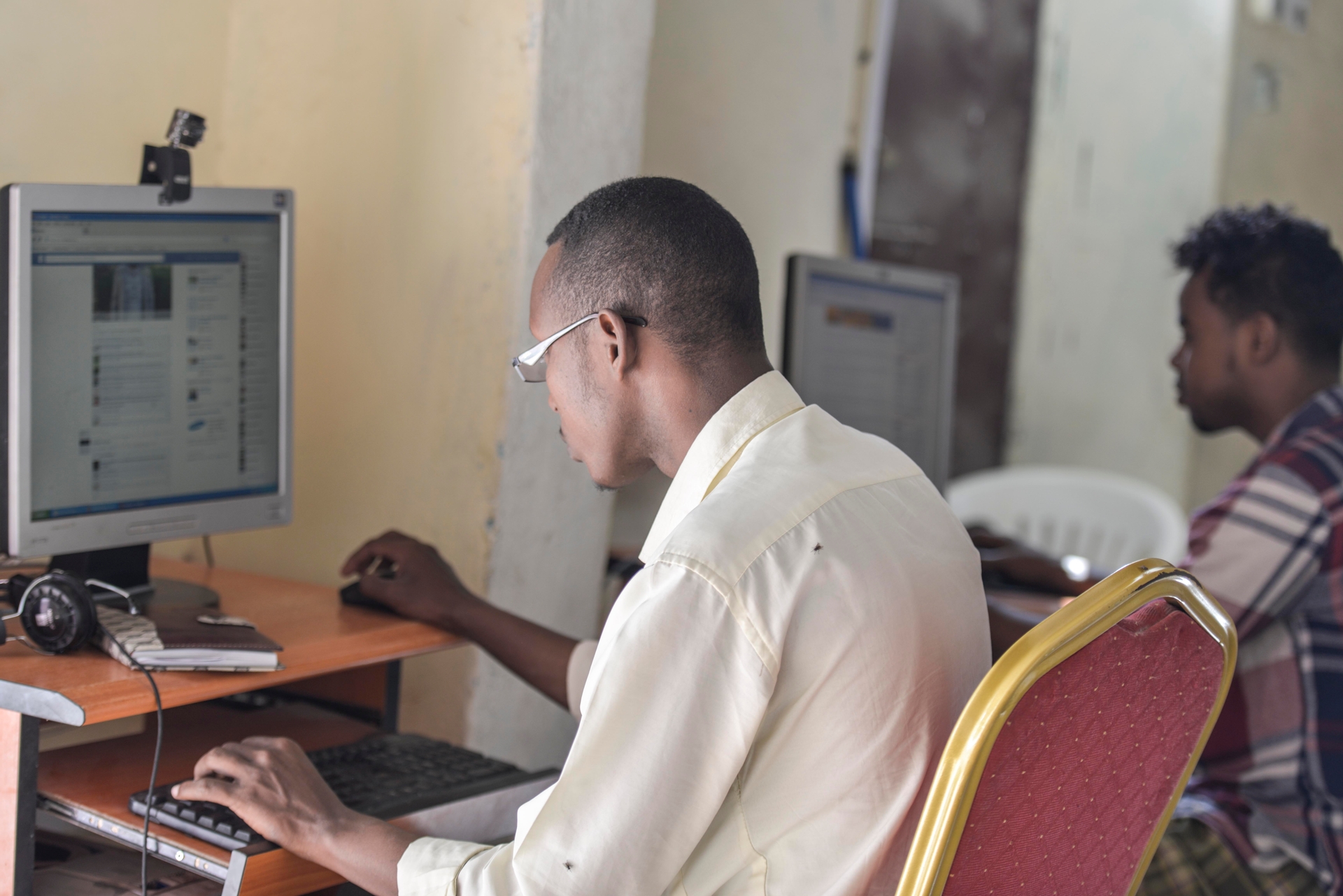
Unsurprisingly, Africa’s biggest telcos like MTN and Vodacom perform the best in major cities, but how does it fair compared to the rest of the world?
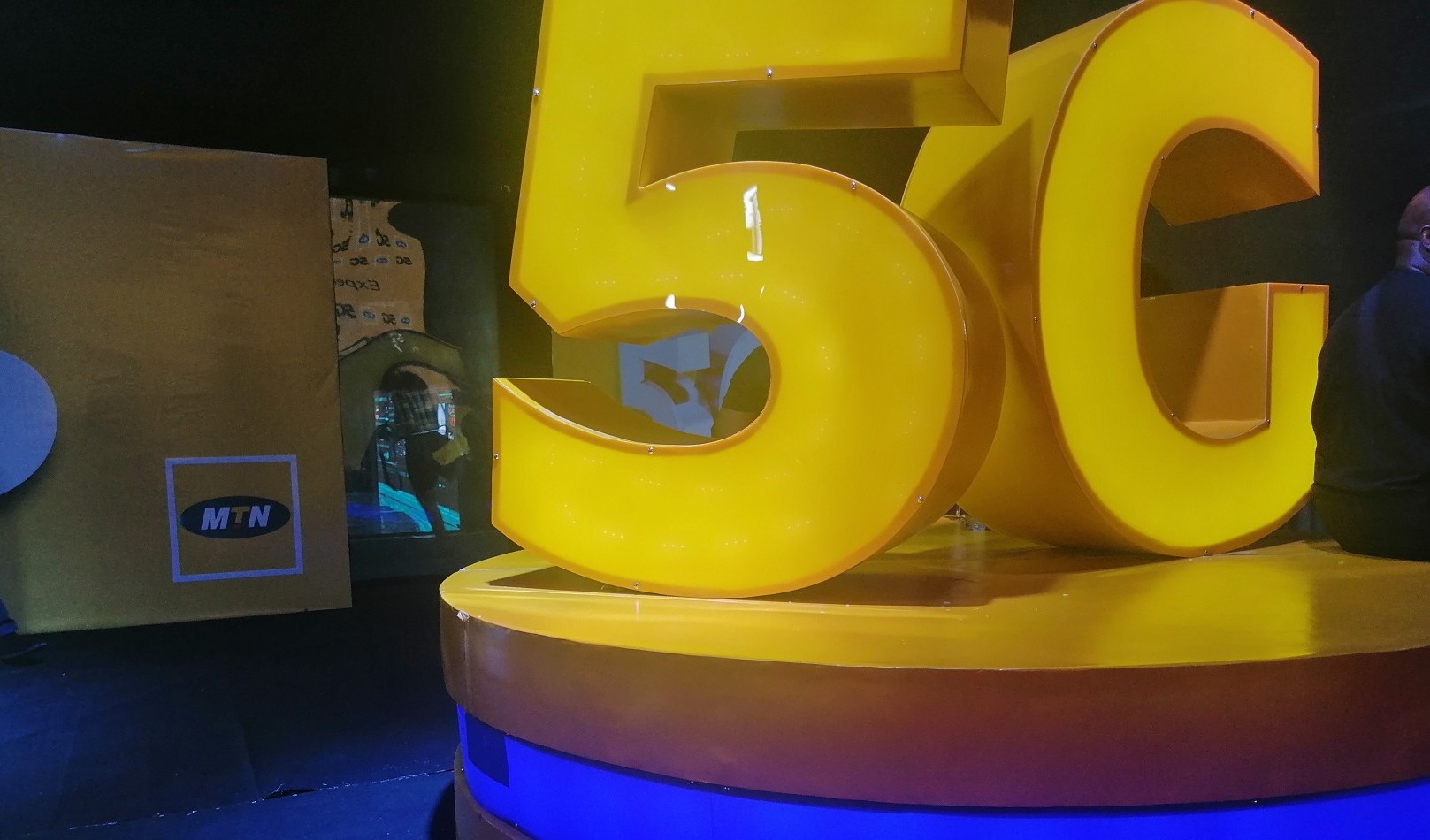
MTN has begun rolling out 5G in some Nigerian states. While you can now pre-order 5G routers for $100, here’s what you should pay closer attention to.

The Tanzanian government is reportedly spending over $60,000 to help people access the Internet at the top of Africa’s highest mountain. If you’re living at the base of the mountain, you’d have to wait your turn.
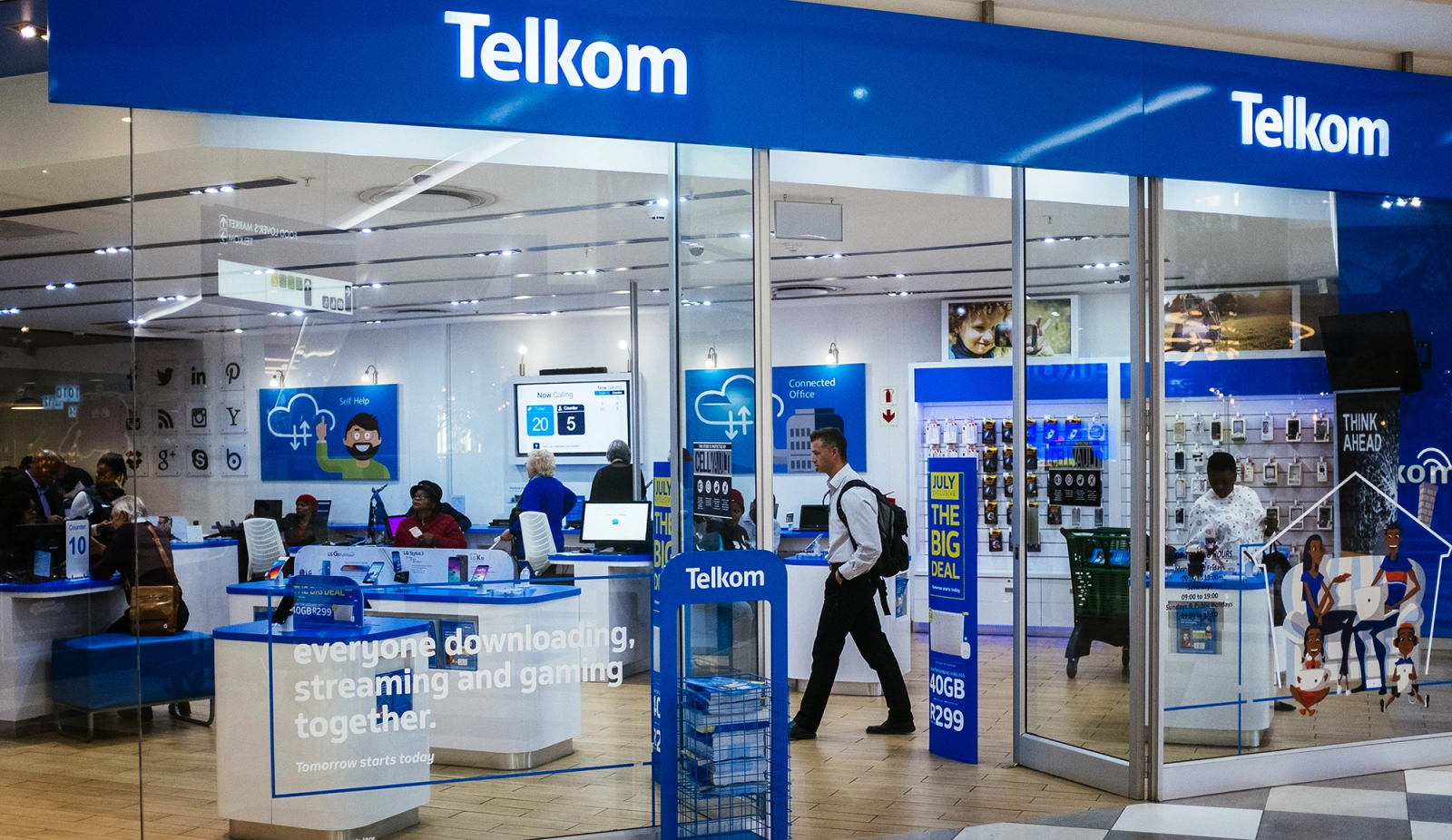
Telkom has announced that it’s still in talks with MTN for a possible merger, and not Rain. This follows South Africa’s Takeover Regulation Panel’s instruction to the latter to withdraw its proposal statement.
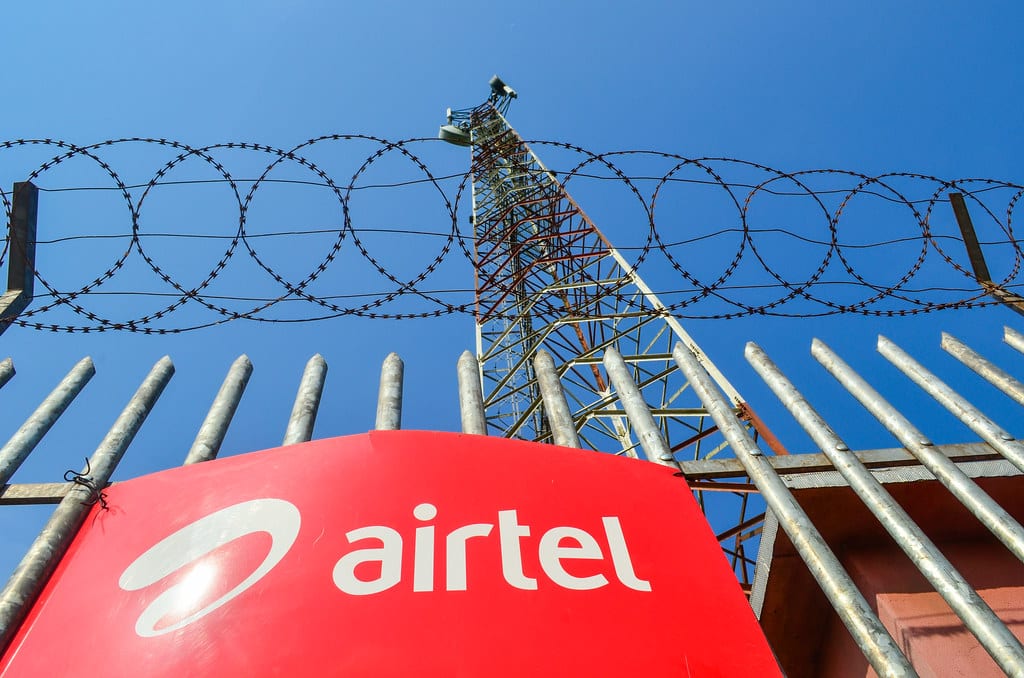
Airtel Africa has announced that it has signed a $125 million revolving credit facility with investment banking group, Citigroup Inc to fund its operations in African markets.
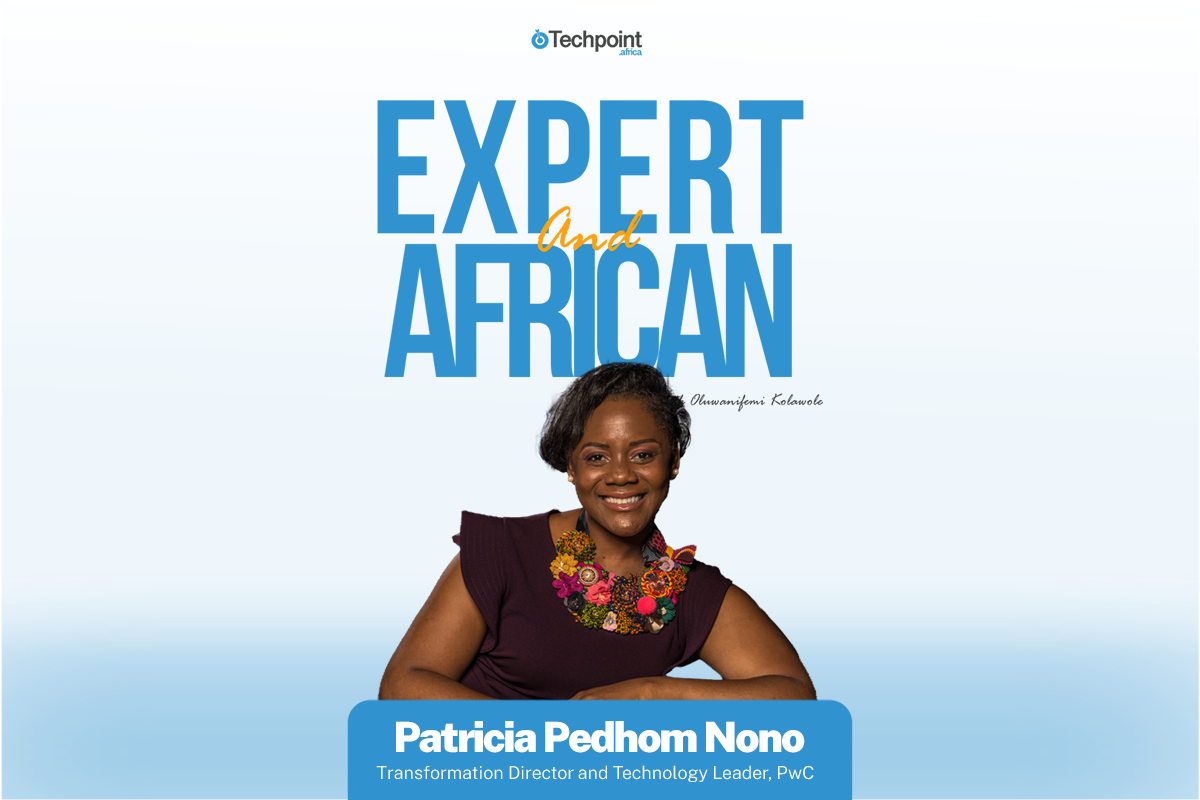
Patricia Pedhom Nono hasn’t always been a tech leader, but her achievements say otherwise. With an engineering background, she’s currently a prominent tech leader in sub-Saharan Francophone Africa with 18 years of experience. Welcome to a new episode of Expert and African.

Google’s Equiano, a cutting-edge subsea Internet cable, has launched in Nigeria; With the right measures, here’s how it could change how you experience the Internet in the next three years.
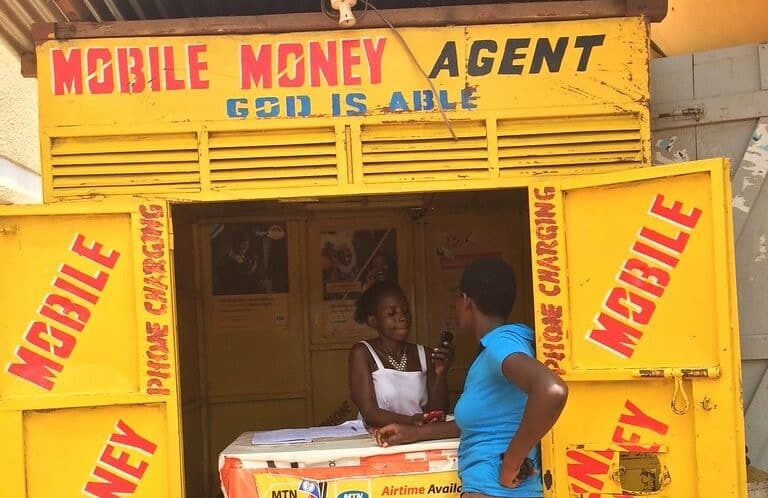
Four months after an approval-in-principle, MTN Nigeria receives a final approval to operate a payment service bank.
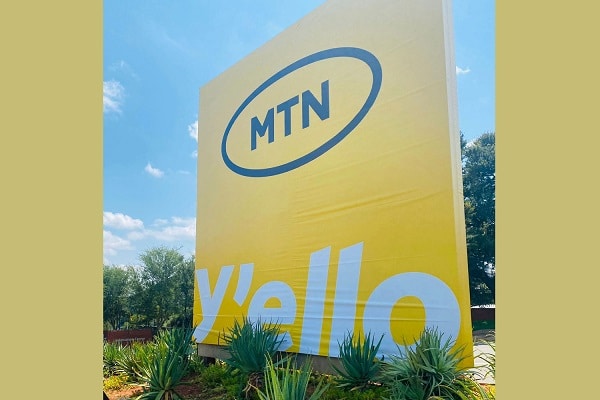
MTN displayed its interest in the metaverse by purchasing real estate on Ubuntuland, but how does this affect its users? Is there a bigger game plan?

Airtel has recorded a $1.03 billion revenue in Q3 2021. Voice remains the cash cow, but data revenue increased by almost $100m. Airtel is looking to increase smartphone penetration so customers use more data.

Google’s is set to launch Equiano, a 100 terabit subsea Internet cable. While this cable might not get much demand today, Google says it’s betting on the next 300 million Internet users in Africa
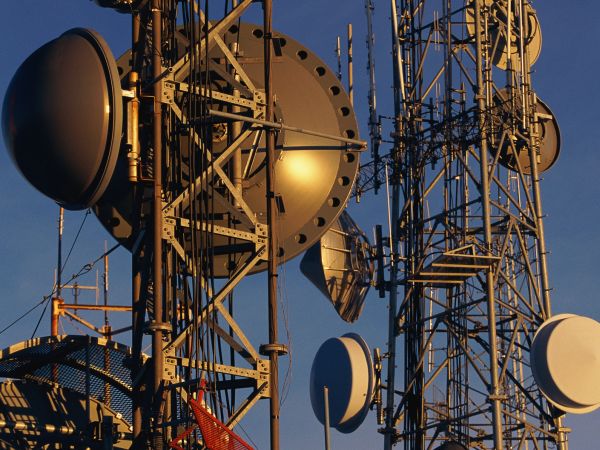
On Monday, August 30, 2021, South Africa’s ICT Authority informed telcos it would be revoking access to its emergency spectrum use. However, it appears the country’s 5G network might be in trouble. Why? Read this to find out.
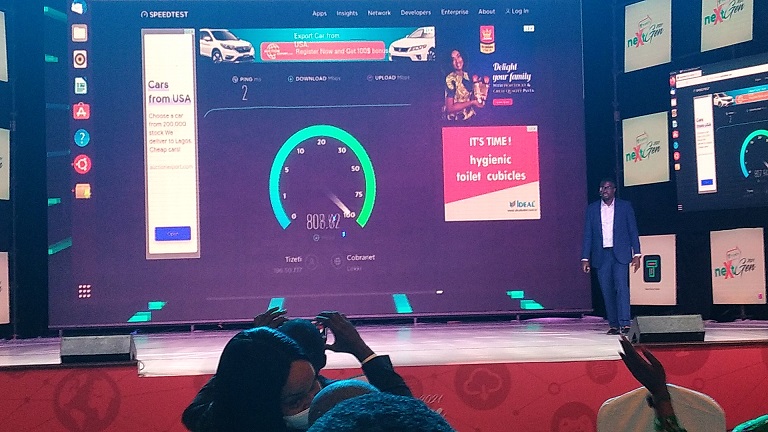
Tizeti, under the NCC’s supervision, is currently testing a next-gen technology that could deliver over 30 times the average Internet speeds in Nigeria. @techpointdotng’s @eruskkii walks us through this exciting development

In May 2020, @Facebook announced its 2Africa undersea Internet cable project to increase Internet connectivity in Africa. Now, the cable will extend to three more countries, including a landing in South-East Nigeria.
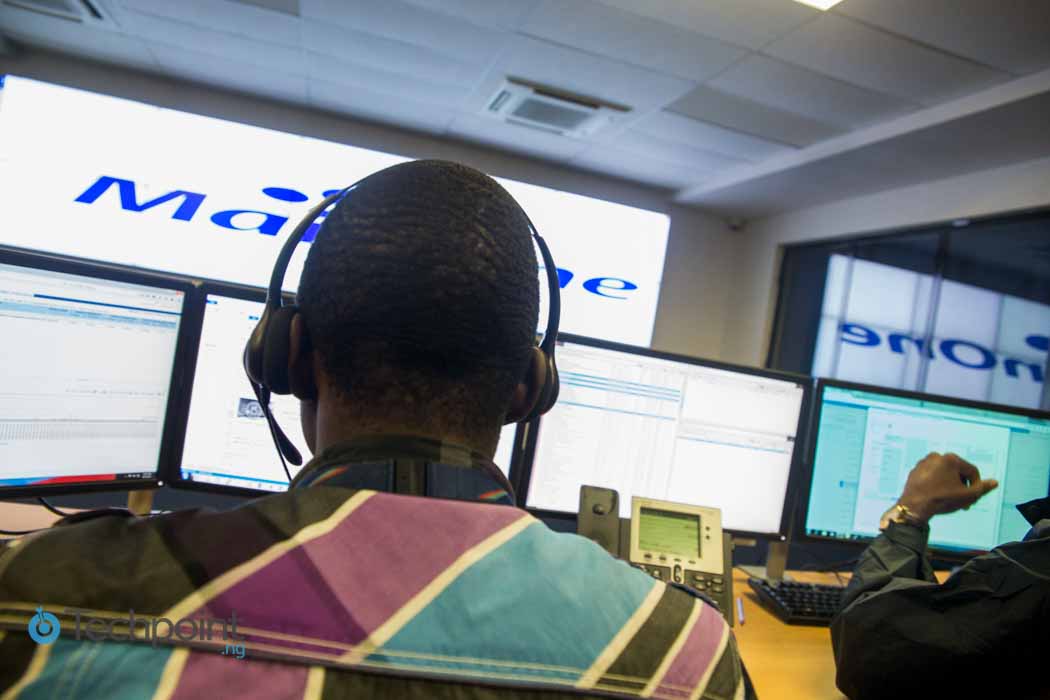
Following MainOne’s Data Centre launch in Ghana, @Techpointdotng’s @eruskkii deeply explores how its cloud solutions and connection to global Internet exchanges could kickstart a new digital era for West Africa’s second-largest economy.
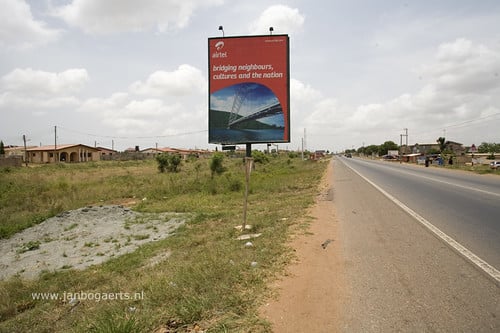
Airtel Africa has received a $200 million investment to reduce its debt and improve network and sales infrastructure. This follows a $200 million investment and a $100 million investment in 2021.

@Facebook has partnered with @LiquidInTech to build a long haul metro fibre network in Democratic Republic of Congo. While this could increase Internet usage and connectivity, do mobile network providers have the infrastructure to leverage the fibre network?
